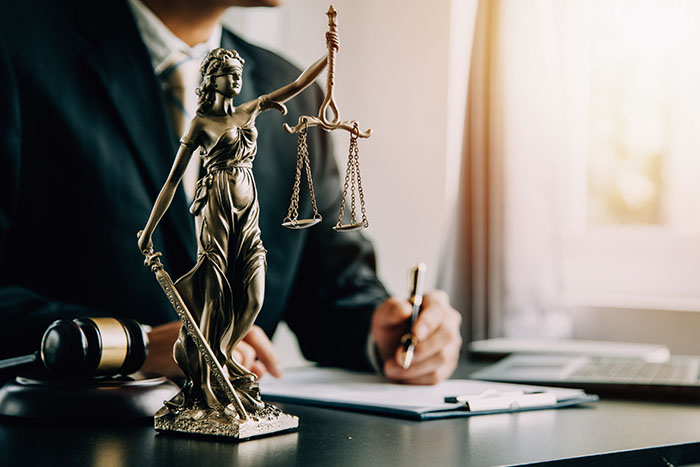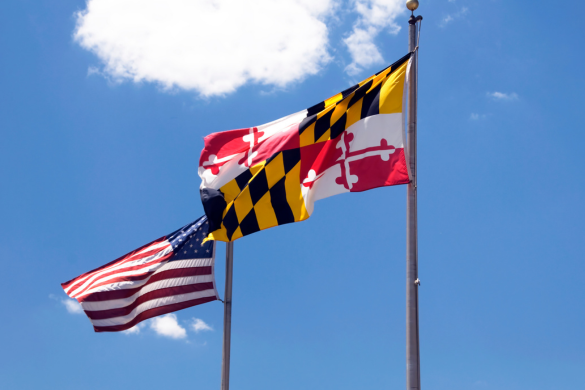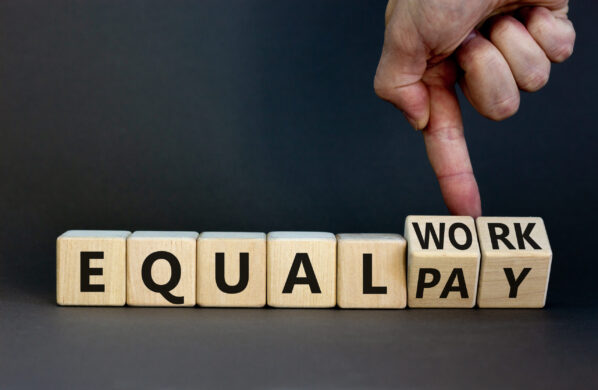The second highest court in Maryland, the Court of Special Appeals, in Campusano v. Lusitano Construction, LLC, just ruled that an individual owner of a business can be sued individually under the Maryland Wage Payment & Collection Law, if the business fails to timely pay its employees owing wages. However, in order for the individual owner to be liable, there must be proof that the owner: (1) had the power to hire and fire the employees, (2) supervised and controlled employee work schedules or conditions of employment, (3) determined the rate and method of payment, and (4) maintained employment records. The court also added:
The four enunciated factors of “control” are not to be applied mechanistically, and their general purpose must be understood as ultimately assigning responsibility under the law. … [T]he four-factor analysis of control focuses on the role played by the corporate officers in causing the corporation to undercompensate employees and to prefer the payment of other obligations and/or the retention of profits. In addition to direct evidence of such a role, other relevant indicia may exist as well— for example, an individual’s operational control over significant aspects of the business and an individual's ownership interest in the business. Such indicia, while not dispositive, are important to the analysis because they suggest that an individual controls a corporation’s financial affairs and can cause the corporation to compensate (or not to compensate) employees in accordance with the FLSA. It is the totality of the circumstances, and not any one factor, which determines whether a worker is the employee of a particular alleged employer.
(citation and quotations omitted).Interestingly, the federal court sitting in Maryland has taken a different approach and has held that there is no individual liability under the Maryland Wage Payment & Collection Law. It may be that Maryland’s highest state court, the Maryland Court of Appeals, may be called to rule on this issue soon. But in the meantime, Maryland state trial courts must follow the good law just decided by the Maryland Court of Special Appeals. This positive development under Maryland state law will be a strong tool for employees to collect their owed wages. Owners who actively run and manage businesses should not be able to escape liability simply by allowing their businesses to go bankrupt or by draining their businesses of assets.











